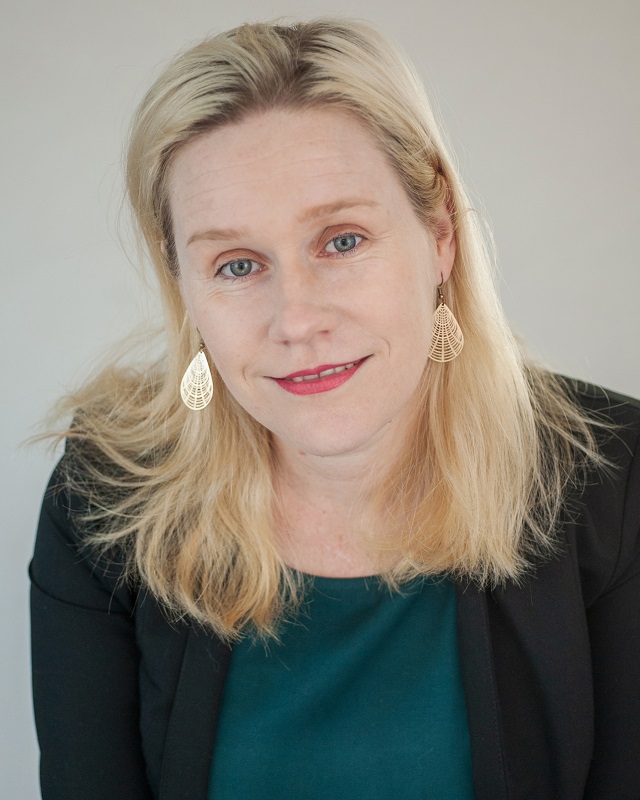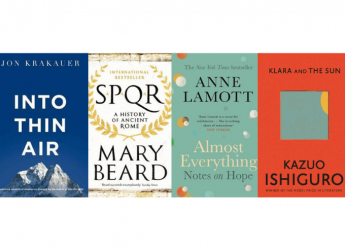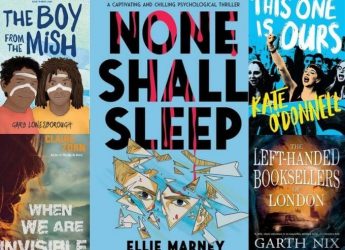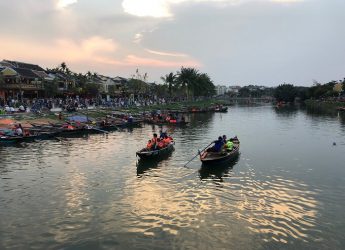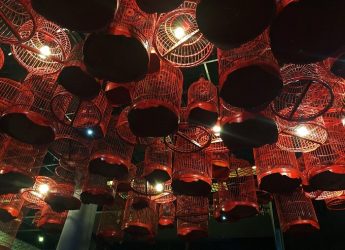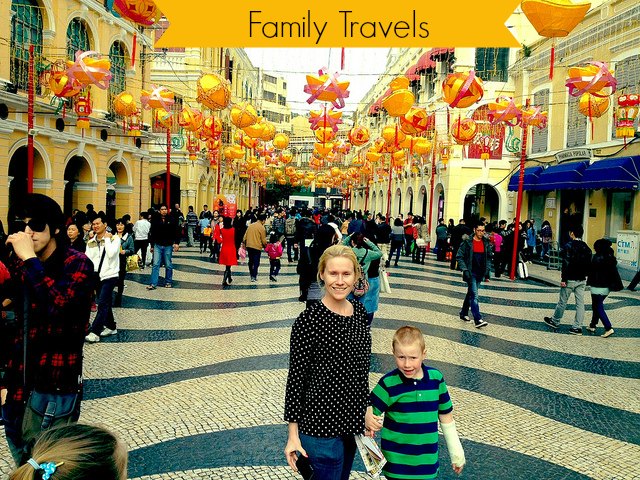
This photo was taken in the centre of Macau, while we were travelling overseas at the beginning of 2013. For new readers: we went over to Hong Kong – where Riley proceeded to break his arm! – as a sort of pilgrimage. Adam’s 98 year-old grandfather lived there in the 1930s, smack in the heart of the city, and we went back to see for ourselves (the street is still there). That’s why it was on my living list. That trip was made during our summer holidays; our next one, in 2015, will be longer and the kids will miss a bit of school. About three weeks. It’s NAPLAN year for both of them. We’ll be arriving back just before test time.
This is the point when some educators or administrative powers-that-be will start shaking their fingers at us. This article ‘No safe level of missing school, study finds‘ came out last week and the findings of the study it reports was met with a lot of consternation and backlash. From what comments I’ve read, and my own personal interpretation, the objections are for two major reasons: 1) That NAPLAN is a flawed, even unfair, measurement of academic success that only exists to serve schools and not students. 2) By what mandate do educators feel they can judge parents who choose, and are lucky enough, to take their children on holidays or extended trips?
Let’s start with NAPLAN. We’ve only experienced one, and Keira kind of breezed through it. Our school – I believe – really tried to keep some balance, encouraged kids to just do their best, not get too anxious. Keira didn’t – but others did. Just imagine extra anxious kids in schools that do take NAPLAN super-super seriously. But that’s not to say she won’t worry about it now, or in years to come. Or Riley, for that matter.
Is NAPLAN even working? Another study shows it is not. Eric Sidoti, leader of that study says “it has changed from being used as a diagnostic tool to a comparative measure.” It’s true for some secondary school applications a student’s NAPLAN result is important, but I’d like to know how many children that is a genuine reality for. I doubt it is as high as MSM would have us believe.
Okay, point two. In the study that finds holiday absenteeism as problematic, the article quotes co-author Dr Zubrick as saying:
“We do need to recognise that when a child is standing on the Eiffel Tower so to speak, they may be learning a lot about the world but they’re not necessarily learning everything they’d be learning at school.”
I find that setting such ‘tiers’ of what is valuable or worthwhile troubling – in this case, though the Eiffel Tower might be a place where “they may be learning a lot about the world” the school environment and all it’s vague “everythings” is still depicted as being the more ideal of the two.
Call me a romantic, maybe, but I think the world is important. A classroom is a pressurised, contained and measurable environment; the world is not. The world is also what you make of it, which is why I didn’t like the culturally reductive overtones of this statement, also by Zubrick,
“If the parents just want to go to Bali to buy cheap souvenirs and sit on the beach, you have to question their logic. But if it’s a four-week-tour of Italy, that’s different,” he said.
But wait, he does concede that “In some cases, kids will get to see things that I and the teachers can’t provide.” The emphasis is mine. In some cases? Doesn’t he mean most cases? Am I wrong to assume that most students don’t go to schools where overseas excursions are an option?
Bottom line, this is how I feel: I recognise that I am in an extraordinarily privileged position to even be planning overseas trips and what-not. I want to share the wonders of the world with my children while they’re still young enough to want to hang out with us. I want to help them make connections. I think that is my job as a parent that a school could never replicate in the same way. As parents, we model the kind of behaviour our children take on. I want them to worry about growing up to be compassionate and aware. I worry that our schools are more concerned about test results.
Education is important, believe me, I know. “Learning to show up” as Zubrick states, is important. Vitally so.
I just think there’s a bigger picture, too.
That’s what I want the kids to realise and that’s what I’m going to teach them.
What do you think about NAPLAN?




